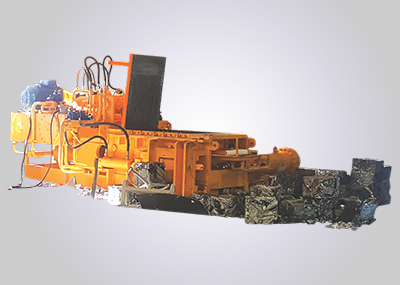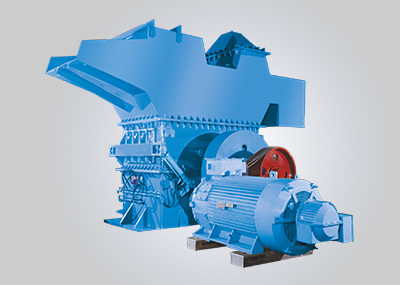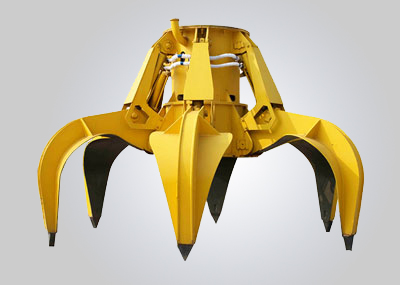In the dynamic landscape of India’s industrial sector, metal recycling stands out as a beacon of sustainability and resource efficiency. With rapid urbanization, industrialization, and economic growth, the demand for metals has surged, driving the need for efficient recycling solutions to meet this demand while minimizing environmental impact. Let’s delve into the vibrant world of metal recycling in India, exploring its significance, challenges, and promising future prospects.
Significance of Metal Recycling in India
Metal recycling plays a crucial role in India’s quest for sustainable development and environmental stewardship. The country’s burgeoning population, coupled with rapid industrial expansion, has led to a substantial increase in the consumption of metals across various sectors, including automotive, construction, infrastructure, and manufacturing. As a result, the recycling industry serves as a linchpin in conserving natural resources, reducing energy consumption, mitigating environmental pollution, and promoting circular economy principles.
Key Metals Recycled in India
India’s metal recycling industry encompasses a wide range of metals, including:
- Steel: As one of the most widely used metals in construction, automotive manufacturing, and infrastructure projects, steel is a major focus of the recycling industry. Scrap steel from end-of-life vehicles, demolished structures, and industrial waste is recycled to produce new steel products, thereby reducing the need for virgin ore extraction and conserving energy.
- Aluminum: With its lightweight, corrosion-resistant properties, aluminum is extensively used in automotive components, packaging, and construction materials. Aluminum recycling helps conserve energy, reduce greenhouse gas emissions, and minimize landfill waste by recovering and reprocessing aluminum scrap from various sources.
- Copper: Valued for its conductivity, ductility, and corrosion resistance, copper is essential in electrical wiring, plumbing systems, and electronics manufacturing. Copper recycling plays a crucial role in conserving this valuable resource and reducing the environmental impact associated with copper mining and production.
Challenges and Opportunities
Despite its significant contributions, the metal recycling industry in India faces several challenges, including:
- Informal Sector Dominance: A substantial portion of metal recycling activities in India are conducted by the informal sector, characterized by unregulated practices, low mechanization, and limited environmental safeguards. Formalizing and modernizing the sector are essential to enhance efficiency, safety, and environmental compliance.
- Infrastructure Constraints: Inadequate infrastructure for collection, sorting, and processing of metal scrap poses a barrier to the growth of the recycling industry. Investments in recycling facilities, material recovery centers, and transportation networks are needed to address these challenges and unlock the full potential of metal recycling in India.
- Awareness and Education: Increasing public awareness and promoting responsible consumption and recycling practices are essential to foster a culture of sustainability and environmental stewardship. Educational campaigns, policy incentives, and community engagement initiatives can play a pivotal role in driving behavioral change and promoting recycling participation.
Future Outlook
Despite the challenges, the future of the metal recycling industry in India holds immense promise. Government initiatives such as the Swachh Bharat Abhiyan (Clean India Mission) and the Extended Producer Responsibility (EPR) framework are driving efforts to enhance waste management practices and promote recycling across the country. Additionally, advancements in technology, infrastructure development, and regulatory reforms are expected to spur innovation, investment, and growth in the recycling sector.
As India continues its journey towards sustainable development and economic prosperity, the metal recycling industry will play a pivotal role in shaping a cleaner, greener, and more resilient future. By embracing innovation, collaboration, and responsible stewardship of resources, India can harness the potential of metal recycling to create a more sustainable and prosperous society for generations to come.













